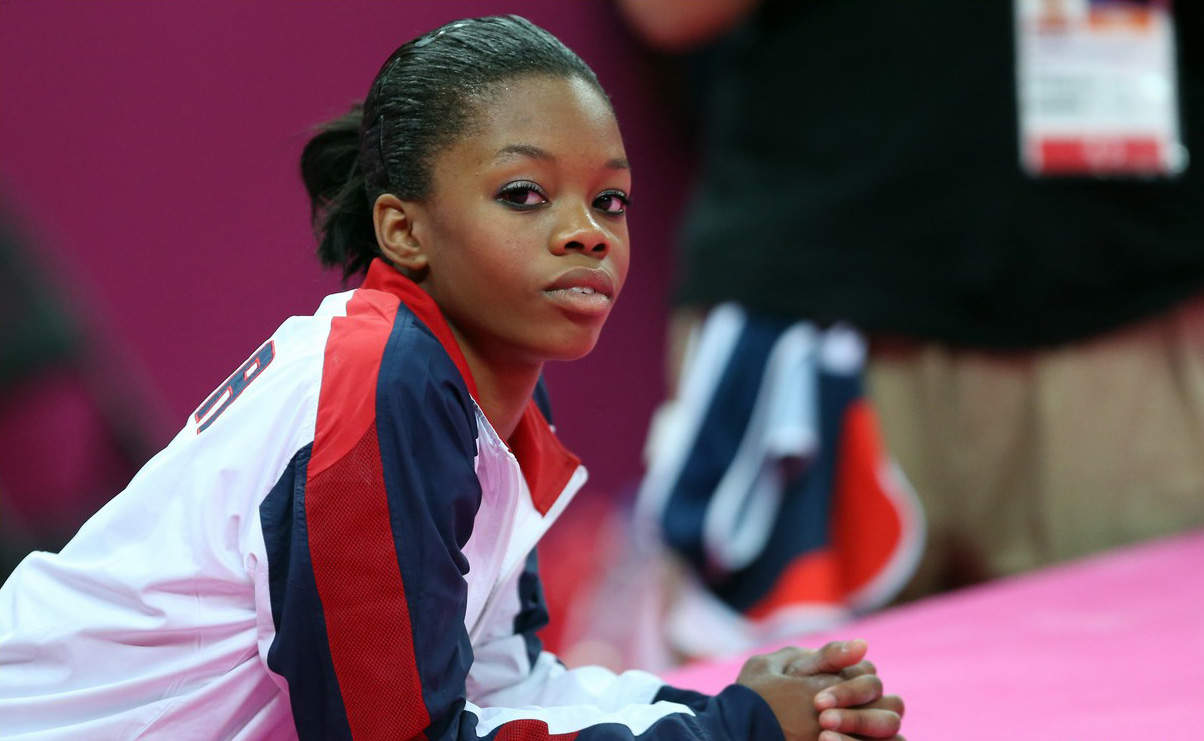At a conference a few years ago, I had the privilege to chat with a number of very wealthy, philanthropic individuals who were using their family’s wealth to give back to their communities.
Here were a bunch of families who faced a challenge: How should they charitably give their excess wealth? Where should they invest it, how should the give it away, and to whom should it go? All had found various charities that they valued and entrusted them with large endowments. Throughout the conference, these charities were highlighted. Figures were mentioned. Impact measurement statistics displayed on the screens. Individuals were applauded for their giving, their social work.
While incredibly excited about the various programs and change their generosity enabled, a thought continued to linger in the back of my mind. Sitting in the comfortable confines of the large air-conditioned event space, I couldn’t kick the notion that few of these wonderful, charitable individuals had any personal knowledge of their beneficiaries. They were more than aware of some of the challenges they faced: homelessness, malnutrition, illiteracy, AIDS; but they didn’t actually know those that they were serving. Perhaps this is true for many of us, as well.
Mulling this over throughout the course of the conference, I started to understand why Jesus told the rich young man, “Again Itell you, it is easier for a camel to go through the eye of a needle than for a rich man to enter the kingdom of God” (Mark 10:25).When I think about the kingdom of God as a heavenly Kingdom that is breaking in and unfolding before our eyes, I get the weight of what Jesus was saying. Entering into the kingdom of God, as it is now, is literally entering the mess—it’s where those “beneficiaries” dwell. Entering the Kingdom of God, as it is now on earth, requires a willingness to step into a space where there is still brokenness and poverty and pure unfairness.
I realized how hard it is for us, living in one of the wealthiest nations in the world, who have the luxury of using a buffer such as our favourite organization, the church or maybe a visiting missionary to stay out of the mess of poverty. We don’t actually need to move past the “middleman” and enter into the foray in order to be charitable. But because of this, I believe we’ve completely missed the point. We’re missing the opportunity to meet Christ in disguise. We’re missing out on His Kingdom—here and now.
It seems that the very groups the wealthy are most able to distance themselves from (the sick, the homeless, the mentally ill) who were most able to accept what Jesus offered? He didn’t offer them charitable giving, He gave them true charity—acts of love that fully recognized and acknowledged the dignity and humanity of each individual, regardless of the reason that society rejected or scorned them. But true acts of love involve the full acknowledgement of those who are most difficult for us to relate to—those who are served by the charities we donate to and who in turn allow us to give of our money or our things, but not necessarily of ourselves. True charity is hard to do when there’s not a relationship. Shane Claiborne has captured this well:
“[W]hen we get to heaven and are separated into sheep and goats (Matt. 25), I don’t believe Jesus is going to say, “When I was hungry, you gave a check to the United Way and they fed me” or “When I was naked, you donated to the Salvation Army and they clothed me.” Jesus is not seeking distant acts of charity. He is seeking concrete actions: ‘You fed me, … you visited me, … you welcomed me in, … you clothed me …'”
I’m not advocating that we stop giving money to good causes, because these organizations have a capacity to serve in ways beyond our reach as a single individual. But I am hoping we will stop confusing charities with the charity that Jesus calls us to, that He modelled for us, that we don’t substitute writing a check for building a relationship, that we seek out the Kingdom of God, not just make a donation to it.
Christy Campbell is (slowly) learning how to integrate sustainability, social justice and compassion into her everyday life. She tends to process this journey through her musings and photos here and on twitter at @echoinghope.























